(USMLE topics, endocrinology) Regulation of thyroid hormone, hyper- and hypothyroidism: causes, symptoms and treatment, goiter. This video is available for instant download licensing here https://www.alilamedicalmedia.com/-/galleries/narrated-videos-by-topics/endocrinology-basics/-/medias/db2b8c0b-5e34-4dfa-9ea9-3ce376ef52c4-thyroid-gland-hormones-and-problems-narrated-animation Voice by: Sue Stern ©Alila Medical Media. All rights reserved. Support us on Patreon and get FREE downloads and other great rewards: patreon.com/AlilaMedicalMedia All images/videos by Alila Medical Media are for information purposes ONLY and are NOT intended to replace professional medical advice, diagnosis or treatment. Always seek the advice of a qualified healthcare provider with any questions you may have regarding a medical condition. The thyroid is a butterfly-shaped ENDOCRINE gland located in the neck. It is wrapped around the trachea, just below the thyroid cartilage –the Adam’s apple. The two major hormones of the thyroid are triiodothyronine, T3 and thyroxine, T4. The numbers 3 and 4 indicate the number of iodine atoms present in a molecule of each hormone. T3 and T4 are collectively referred to as THYROID hormones. Thyroid hormone secretion is under control of thyroid-stimulating hormone, TSH, from the anterior pituitary. TSH, in turn, is induced by thyrotropin-releasing hormone, TRH, produced by the hypothalamus. The amount of circulating thyroid hormones is regulated by a negative feedback loop: when their levels are too high, they SUPPRESS the production of TSH and TRH, consequently INHIBITING their own production. Thyroid hormones act to INCREASE the body’s metabolic rate. They stimulate appetite, digestion, breakdown of nutrients and absorption. They also increase oxygen consumption, raise the breathing rate, heart rate and contraction strength. As a result, the body’s HEAT production is INCREASED. Thyroid hormone secretion usually rises in winter months to keep the body warm. Thyroid hormones are also important for bone growth and fetal brain development. There are 2 major groups of thyroid problems: HYPOthyroidism: when the thyroid does NOT produce ENOUGH hormones, resulting in a LOW metabolic rate, combined with SLOW respiratory and cardiovascular activities. Common symptoms include fatigue, weight gain despite poor appetite, cold intolerance, slow heart rate, heavy menstrual bleeding and constipation. Iodine deficiency and Hashimoto’s thyroiditis are the most common causes. Hashimoto’s thyroiditis is an autoimmune disease in which the thyroid gland is gradually destroyed by the body’s own immune system. Hypothyroidism, especially when caused by iodine deficiency, may lead to swelling of the thyroid gland, known as GOITER. In an attempt to fix the low levels of thyroid hormones, the pituitary produces MORE TSH to further stimulate the thyroid gland. The thyroid, while UNable to make hormones WITHOUT iodine, responds to TSH by GROWING in size. Hypothyroidism is managed with thyroxine hormone replacement. HYPERthyroidism: when the thyroid gland produces TOO MUCH hormones, resulting in a TOO ACTIVE metabolism, together with respiratory and cardiovascular rates that are HIGHER than necessary. Common symptoms include irritability, insomnia, weight loss despite good appetite, heat intolerance, heart racing and diarrhea. Hyperthyroidism is most commonly caused by Graves’ disease, another autoimmune disorder characterized by presence of an antibody, called thyroid stimulating immunoglobulin, TSI. TSI, similar to TSH, stimulates the thyroid gland to produce hormones. Unlike TSH, however, TSI is NOT regulated by negative feedback mechanisms, leading to UNcontrolled production of thyroid hormones. TSI also stimulates the thyroid gland to grow, which MAY lead to formation of a goiter. Hyperthyroidism may be managed with drugs that suppress thyroid function, radioactive iodine that selectively destroys the thyroid gland, or surgery that removes part of the gland.

Thyroid Gland, Hormones and Thyroid Problems, Animation
- Post author:
- Post published:May 22, 2021
- Post category:Uncategorized
- Post comments:0 Comments
You Might Also Like
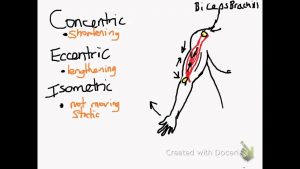
Concentric, Eccentric, & Isometric Muscle Contractions

Sprinting ( High Knees ) : Best Cardio Exercises

Phil Heath’s Dumbbell Row | Back Exercise #2
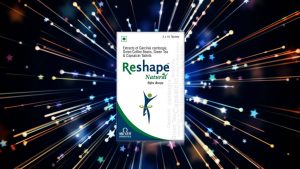
Reeshape Natural

5 Foods High in Vitamin B12
Complete Blood Count
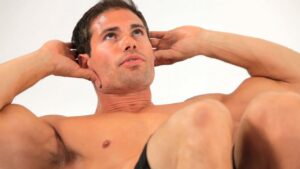
How to Do a Crunch | Ab Workout

Otorhinolaryngology Video – 2

Function of plasma proteins

Injection abscess at retteri kumaran hospital

hydrocele | symptoms of | avoid foods | foods taken | acupressure | Exercise | for hydrocele

Electrolytes – What Are Electrolytes – Functions Of Electrolytes
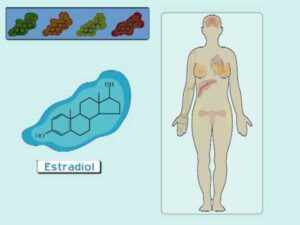
The Estrogen Receptor (I): Hormonal Mechanisms in the Body

Say Goodbye Cholesterol With This 8 Foods That Lower Cholesterol
MPT Videos
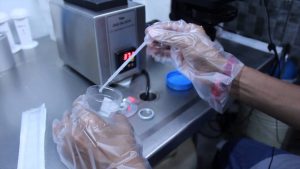
Semen Analysis

What Is the Difference Between a Lunge & a Split Squat? : Fitness Training Exercises

HGH, Growth Hormones & Plant Hormones Video – 21
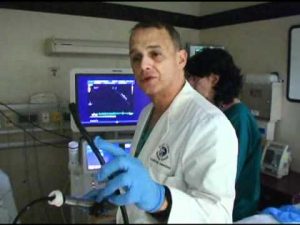
Transesophageal Echocardiogram – Dr. Vicente Font
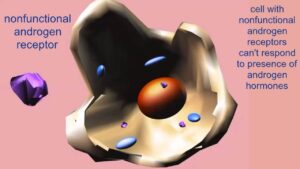
ANDROGEN RECEPTOR DNA THROUGH PHENOTYPE

Hyperextension With ball-6

Lying Triceps Extension-8

Isotretinoin-Induced Acne Fulminans

Important Facts About Vitamin K – Best Vitamin K Sources, Types & Its Deficiency

Heavy Weights vs Light Weights | Build Muscle (THE WINNER IS…)

Heal a Hematoma Medical Course

Endocrinology – Gynecomastia: By Adam Millar M.D.
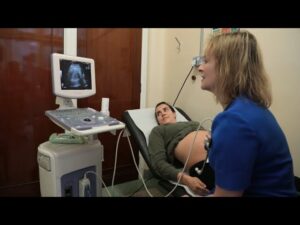
Physiotherapy in Obstetrics Video -15

#FITFRIDAY WEEK 22: PROTEIN WAFFLES & CEREAL?! #imBLOATED ?? (SHORT WORKOUT WEEK)

How to Do a Barbell Curl | Arm Workout

The Health Benefits of a Vitamin B Complex (Comprehensive Review)

Barbell Bench Press – HASfit Chest Exercise Demonstration – Flat Bench Presses Form – Pectoral
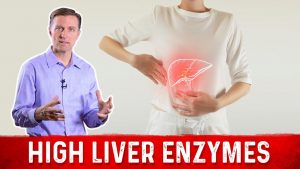
The Main Causes of High Liver Enzymes & Non-Alcoholic Fatty Liver Disease – Dr.Berg
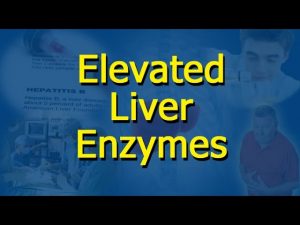
Elevated Liver Enzymes

Lung Exercises That Increase Your Respiratory Health : Personal Fitness Programs
![Read more about the article WHICH IS THE BEST INDIAN SUPPLEMENT BRAND FOR RESULTS [CLOSED]](https://videos.drmaheshkumar.com/wp-content/uploads/2021/05/WHICH-IS-THE-BEST-INDIAN-SUPPLEMENT-BRAND-FOR-RESULTS-CLOSED-1-300x169.jpg)
WHICH IS THE BEST INDIAN SUPPLEMENT BRAND FOR RESULTS [CLOSED]

One Arm Row Dumbbell-8

Metabolic Rate

Abductor-3

Volleyball Video – 4

Bone Cancer – 7 Warning Signs

